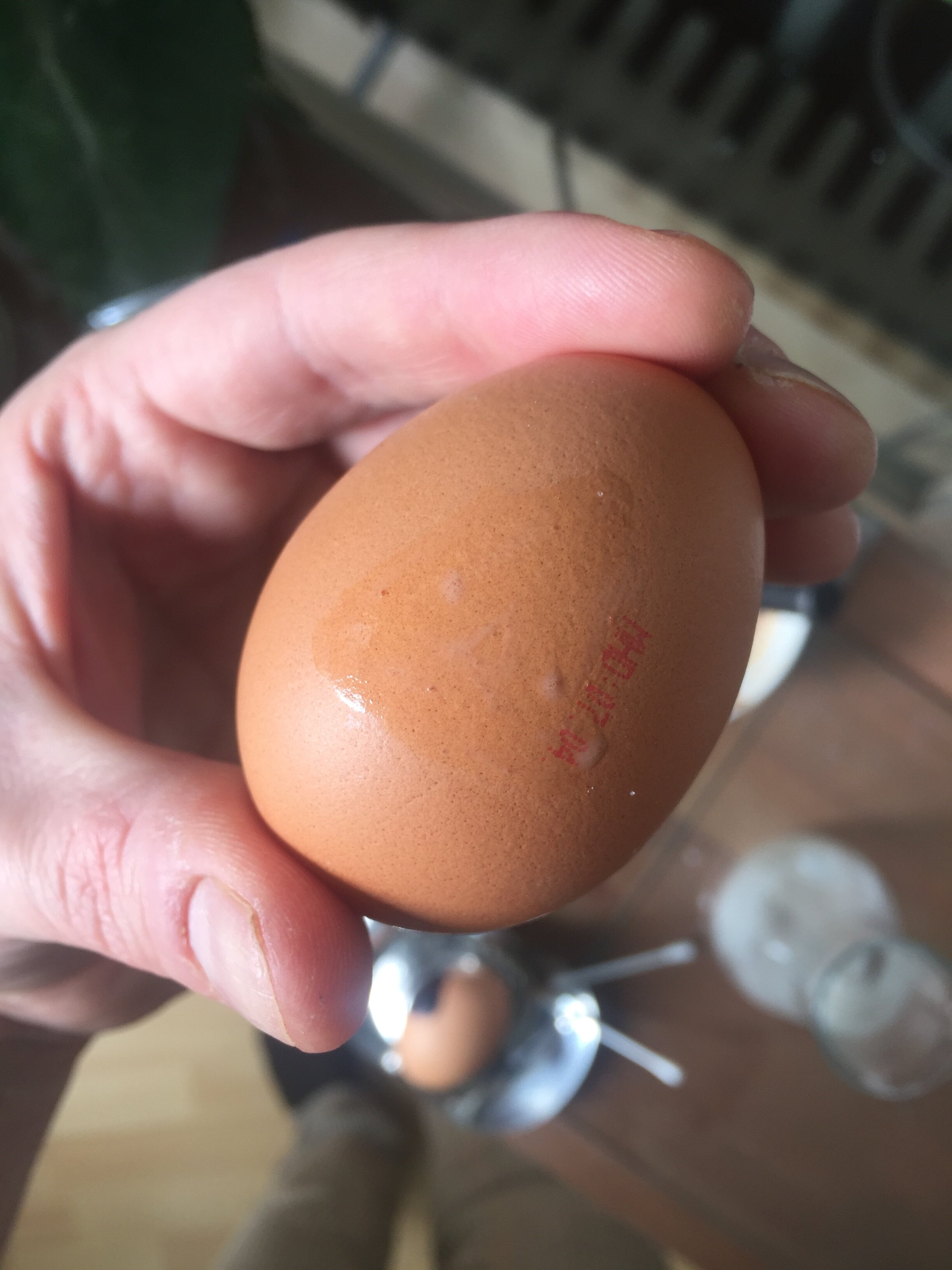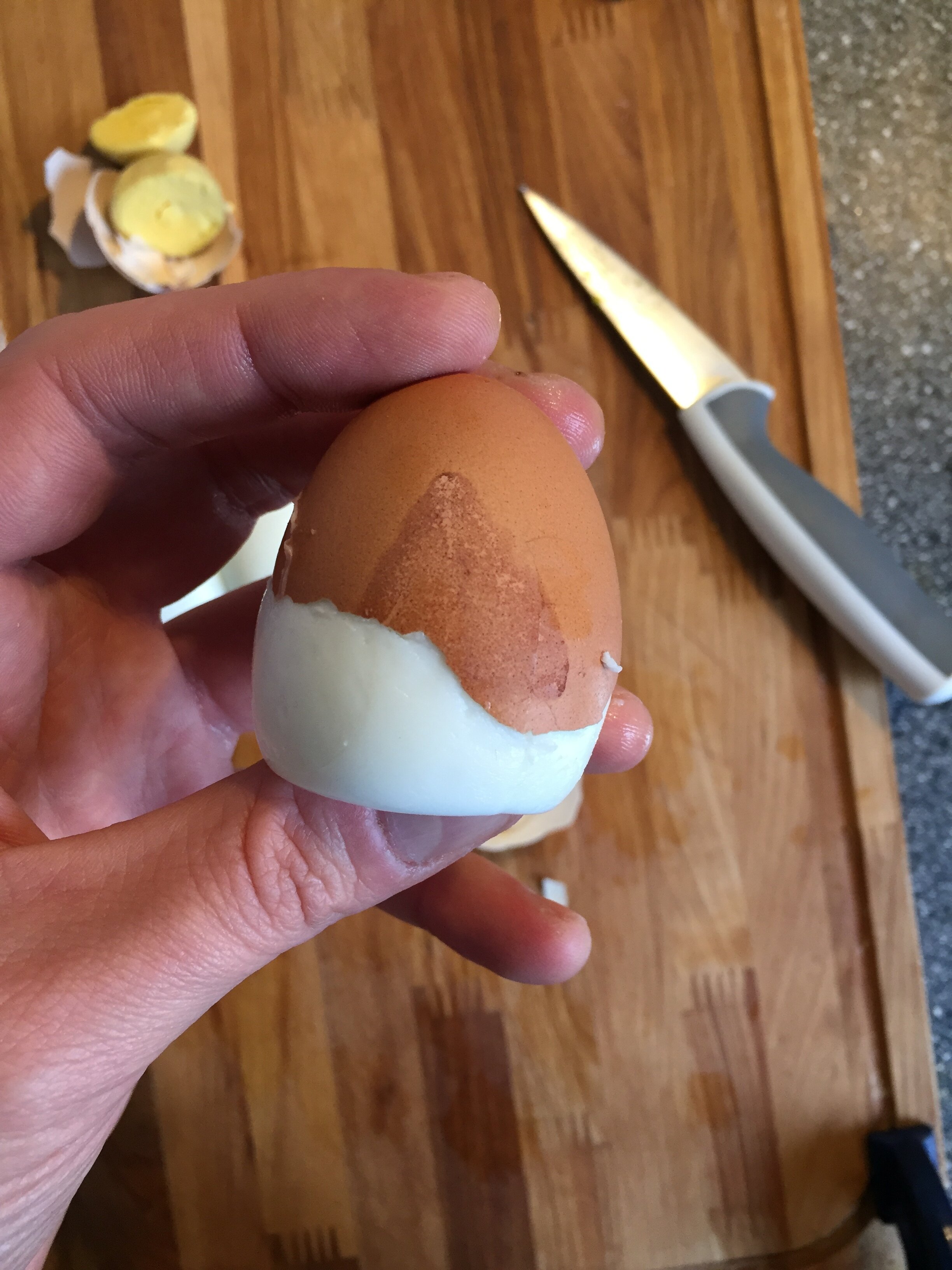Sleepwalking
From Michael of Ephesus’ commentary on Aristotle’s Generation of Animals.The discussion occurs during a comment on GA 5.1 779a11–25. The lemma printed is a11–12: “infants do not laugh when they are awake, but they cry and laugh when they are asleep [καὶ ἐγρηγορότα μὲν οὐ γελᾷ τὰ παιδία, καθεύδοντα δὲ καὶ δακρύει καὶ γελᾷ]”. Aristotle likens it to sleepwalking (a14–16: “just as those who get up while still sleeping do many things without dreaming [καθάπερ τοῖς ἀνισταμένοις καθεύδουσι καὶ πολλὰ πράττουσιν ἄνευ τοῦ ἐνυπνιάζειν]”). Michael tells us that something similar happened to his roommate.
“The fact that children are asleep during these kinds of activities is clear. For when they wake up later on, if they are asked, they say they did not know at all either that they were awake or what they did—like what happened to my friend as well. For an acquaintance of mine was a doctor by trade, and while I was reading and he was sleeping* (it was the seventh hour of the day**), he got up, went into the room where we keep the chickens,*** opened the door without doing much else, and having returned again he lay back down and went to sleep. Afterwards, when he had woken up, I asked him, ‘what was the necessity or the reason for which you woke up and opened the door then went back to sleep again?’ And he answered that he didn’t know, ‘for I was not conscious that I woke up let alone that I opened the door.’”
ὅτι δὲ κοιμῶνται ἐν ταῖς τοιαύταις πράξεσι, δῆλον· ὕστερον γὰρ ἐπειδὰν ἐγρηγορήσωσιν, ἐρωτώμενοι λέγουσι μηδὲν εἰδέναι, εἰ ὅλως ἠγέρθησαν ἢ ἔπραξάν τι, οἷόν τι συμπέπτωκε καὶ ἐμῷ φίλῳ. ἦν γὰρ ἐμὸς συνήθης τις τὴν τέχνην ἰατρός, καὶ ἐμοῦ ἀναγινώσκοντος, ἐκείνου δὲ κοιμωμένου (ἦν δὲ ὥρα ἑβδόμη τῆς ἡμέρας) ἐγερθεὶς καὶ ἀπελθὼν ἐν τῷ οἰκήματι, ἐν ᾧ εἴχομεν ἀποκεκλεισμένας τὰς ἀλεκτορίδας, ἤνοιξε τὴν θύραν μηδέν τι πλέον πράξας καὶ στραφεὶς πάλιν ἀνέπεσε καὶ ἐκοιμᾶτο· μετὰ δὲ ταῦτα ἐγερθεὶς καὶ ὑπ' ἐμοῦ ἐρωτηθεὶς ‘τίς ἡ ἀνάγκη καὶ ἡ αἰτία δι' ἣν ἐγερθεὶς ἤνοιξας τὴν θύραν, εἶτα πάλιν κατέδαρθες.’ ἐκεῖνος ἀπεκρίνατο μηδὲν εἰδέναι· ‘οὔτε γὰρ εἰ ὅλως ἠγέρθην σύνοιδα οὔτε πολλῷ μᾶλλον, εἰ τὴν θύραν ἀνέῳξα’.
Michael of Ephesus, On Aristotle’s Generation of Animals, CAG 14.3, 215,27–216,7 Hayduck
*Some people think Michael may have been a doctor. This passage suggests to me he was not, at least not when he wrote this.
**A reference to a period of rest in the middle of the day (i.e., the seventh hour after sunrise). The sixth (ἕκτη) hour is traditionally one of rest and in the canonical hours of prayer. Perhaps this is why Michael was reading and his friend, a professional, was sleeping. Note: Galen mentions the seventh hour in San. Tu. 6.333.1K (τὸ δέ τι καθ' ἑαυτὸν ἀναγινώσκων εἰς ἑβδόμην ὥραν παρέτεινε) as a time when a doctor named Antiochus might meet with friends or do some reading. I’m not too sure about the history though—need to follow up on it.
***Michael kept chickens.























